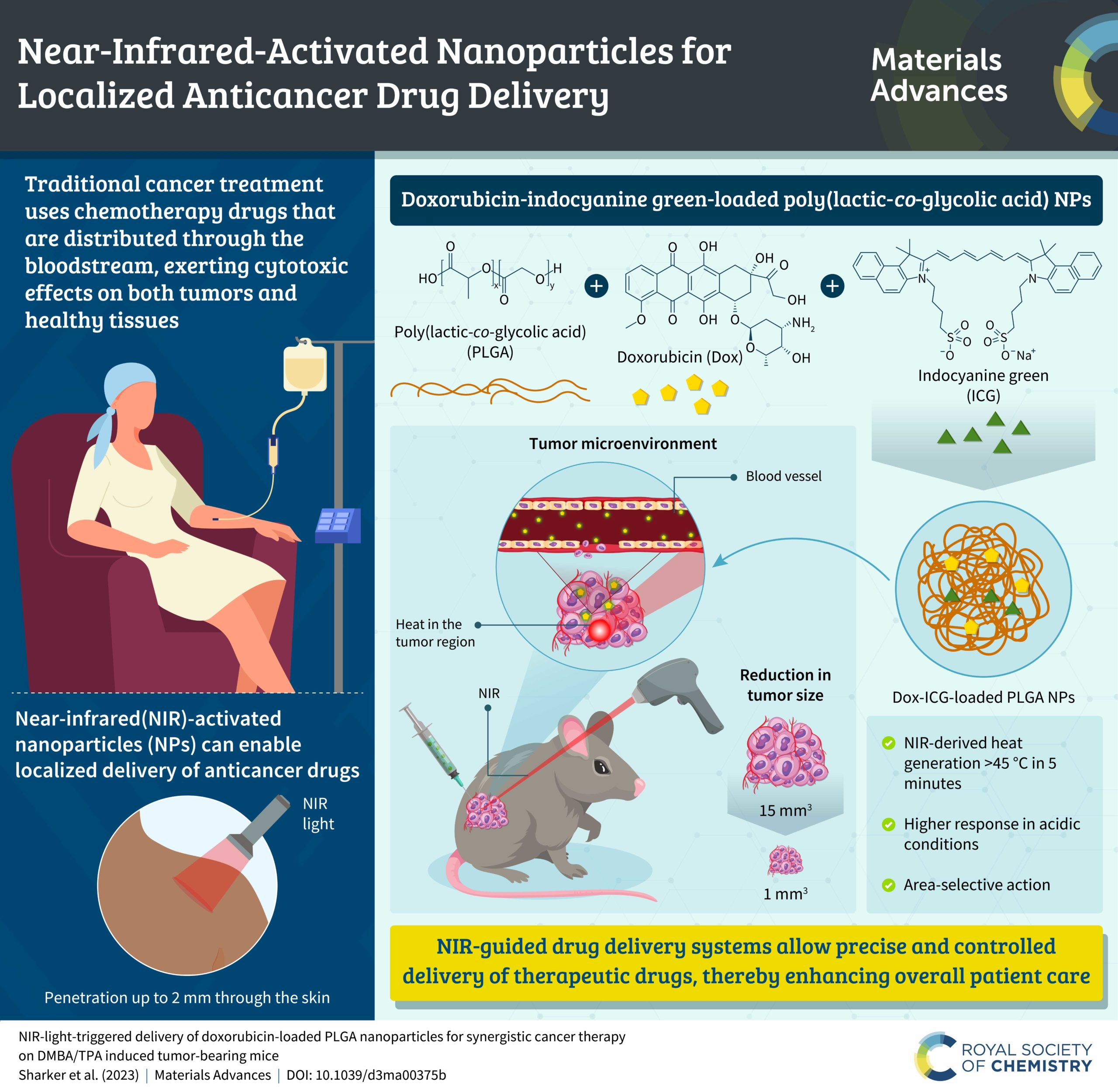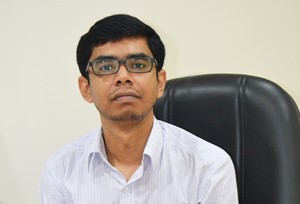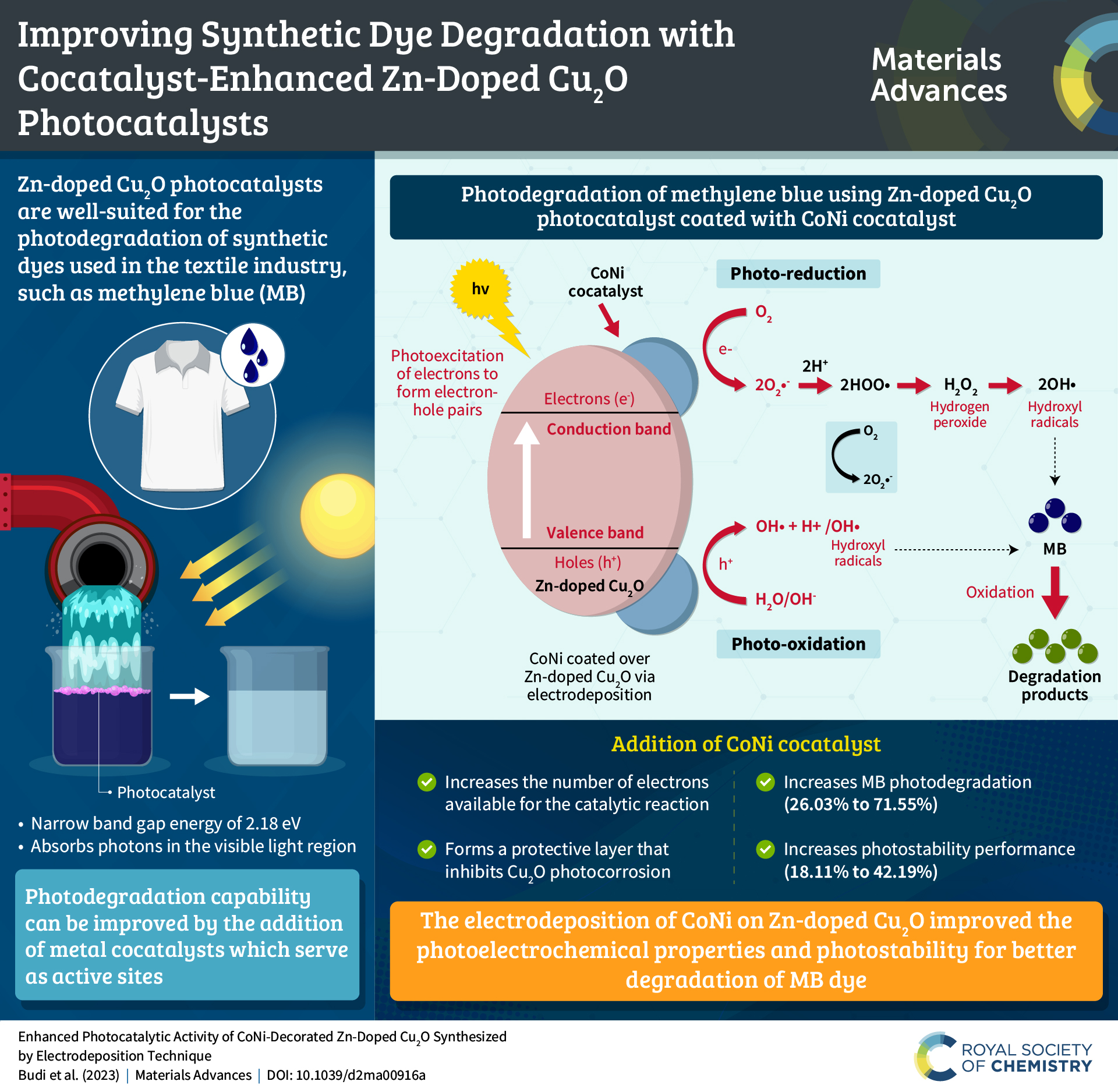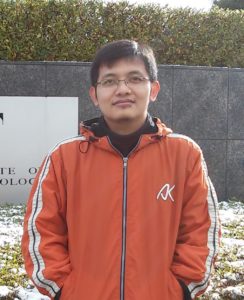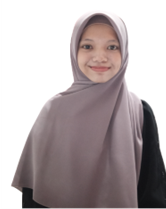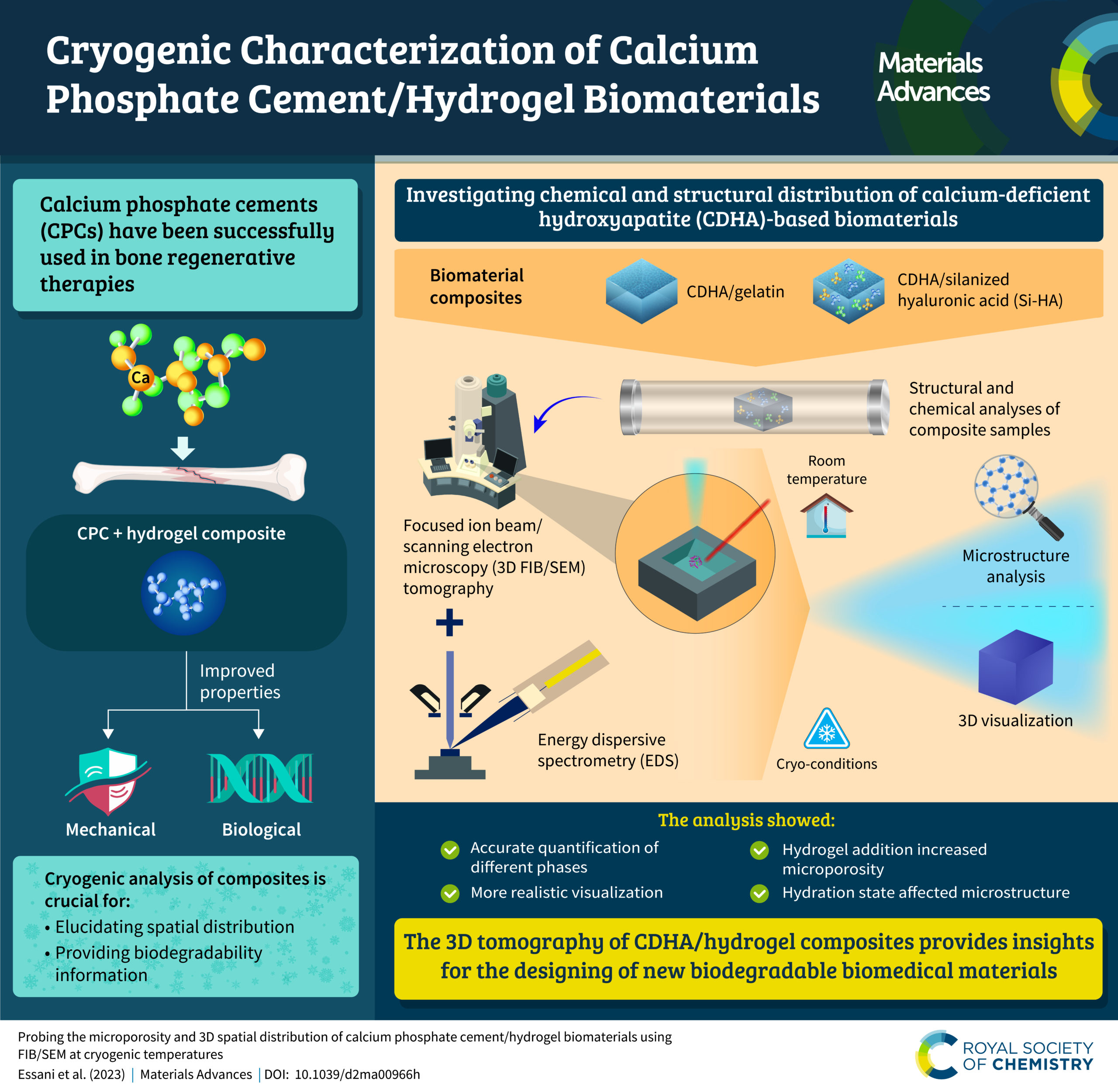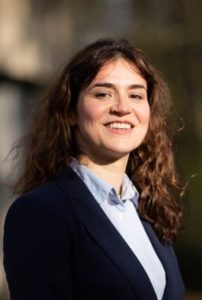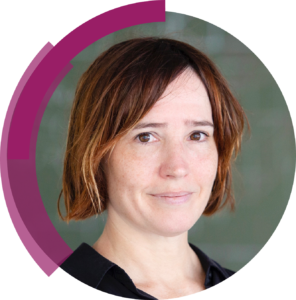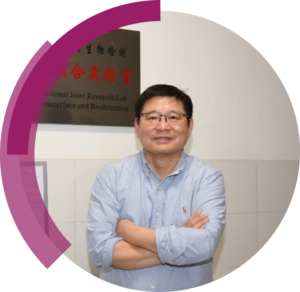
Professor Chuanlai Xu is a Distinguished Professor at Jiangnan University in China. He is a passionate educator and a highly successful entrepreneur who has transferred academic discoveries to real societal impact on food safety and drug abuse. His research focuses on the development of nanomaterials and biomaterials for antibody engineering and diagnostics. He has made three key contributions to medical and biological engineering:
1. Developing chiral nanoparticles as immune adjuvants
Nanoparticle chirality presents a captivating avenue for exploring their potential as vaccine adjuvants. These intricately structured particles offer unique opportunities to fine-tune immune responses and enhance vaccine efficacy. Professor Xu pioneered the development of chiral nanoparticles using circularly polarized light. His lab identified the key receptors on immune cells for chirality-dependent immune responses. They found that chiral nanoparticles as adjuvants substantially enhance the efficacy of vaccines and can boost the production of antibodies (1.4 times faster immune cell maturation and 44.8 times greater IgG production) compared to the conventional aluminium or Freud adjuvant.
2. Developing antibodies for small molecules
Small molecules typically do not elicit an immune response and generate antibodies on their own. Linking them to larger biomolecules, such as proteins or peptides, can effectively induce antibody production, a strategy known as hapten-carrier conjugation. Professor Xu’s lab pioneers the development of antibodies for heavy metal ions. To help fight the current opioid crisis in the US, he has developed a series of highly specific monoclonal antibodies against fentanyl and its analogues such as Thiofentanyl, Norfentanyl, Acetylfentanyl, Para-fluorofentanyl, Acrylfentanyl, 4-fluoroisobutyrfentanyl, Ocfentanyl, Carfentanil, Sufentanil, Furanylfentanyl.
3. Formulating antibody production media
Antibody quality has been a chronic problem in biomedical research and clinical diagnostics. Factors influencing antibody quality such as batch-to-batch variability, specificity, and sensitivity are well-known, but matrix mismatch between the conditions of antibody screening and antibody uses is often overlooked. Professor Xu’s lab screened cell lines that gradually adapt to the application environment during cell culture to produce monoclonal antibodies that can tolerate the complex matrices during application. Based on this innovation, he has built the world’s largest small-molecule antibody resource bank (more than 20,000 cell lines).
Overall, Professor Xu is a pioneer in developing innovative materials and methods for antibody engineering. He has published more than 500 papers in high-visibility journals including Nature, Nature Biomedical Engineering, Nature Catalysis, Nature Nanotechnology, Nature Aging, Nature Communications, JACS, Angewandte Chemie, and PNAS. Collectively, these papers have been cited ~24,000 times. He holds more than 300 issued patents and patent applications and is the recipient of many prestigious awards and fellowship recognitions, including World’s Best Scientists Ranking in Chemistry (2023), Highly Cited Researchers by Elsevier 2020, 2021, 2022, 2023, Fellow of the Royal Society of Chemistry (2015), Fellow of the Institution of Engineering and Technology (2023), Fellow of the Institute of Materials, Minerals and Mining (2023).
An interview with Chuanlai Xu
What does it mean to you to join the Advisory Board of Journal of Materials Chemistry B and Materials Advances?
I am truly honored and happy to join the Advisory Board of the prestigious Journal of Materials Chemistry B and Materials Advances, which publish high quality research at the interface of materials chemistry, biology and medicine. The unique opportunity to join the Advisory Board will enable me to represent the breadth of interests and diversity of the journals’ community more broadly, to actively promote the journals within the community and encourage potential authors to submit their best work if and when suitable, to provide feedback and advice on community perception of the journals, suggest improvements for consideration by the Editorial Board and act as a sounding board for proposed policy changes.
What is the current biggest challenge you face in your field?
Truly original research or discovery is greatly important.
For our team, can we cure neurodegenerative diseases?
Neurodegenerative diseases, in which nerve cells in the brain or nervous system lose their function and die, can cause great suffering. Millions of people each year experience pain and trauma from these diseases, the most common of which are Alzheimer’s and Parkinson’s. Interventions can reduce or alleviate symptoms but do not provide complete relief, and so far, there is no cure and no way to completely stop or reverse the progression of the disease. Age is an important risk factor – the likelihood of being diagnosed with a neurodegenerative disease increases exponentially as you get older. According to the World Health Organization, neurodegenerative diseases will become the second most common cause of death within the next two decades.
Why do you feel that researchers should choose to publish their work in Journal of Materials Chemistry B and/or Materials Advances?
Journal of Materials Chemistry B and Materials Advances are truly reputable and widely read interdisciplinary forums for publishing cutting-edge research on materials, chemistry, biology, and medicine, which maximizes the visibility and impact of scientific research.
Can you tell us about one of your latest Journal of Materials Chemistry B publication?
In this paper, the developed LFIA is applied to the specific identification and rapid detection of niacin in nutritional dietary supplements, thus meeting the market’s demand for efficient niacin detection methods.
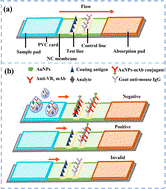 |
Immunological strip sensor for the rapid determination of niacin in dietary supplements and foods
Jialin Hu, Aihong Wu, Lingling Guo, Yongwei Feng, Liqiang Liu, Maozhong Sun, Aihua Qu, Hua Kuang, Chuanlai Xu and Liguang Xu
J. Mater. Chem. B, 2024,12, 691-700, DOI: 10.1039/D3TB02209A |
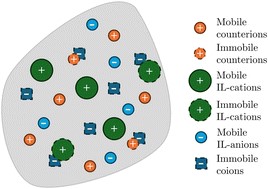
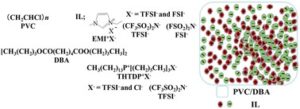
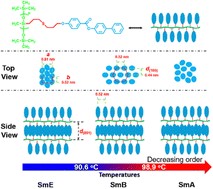


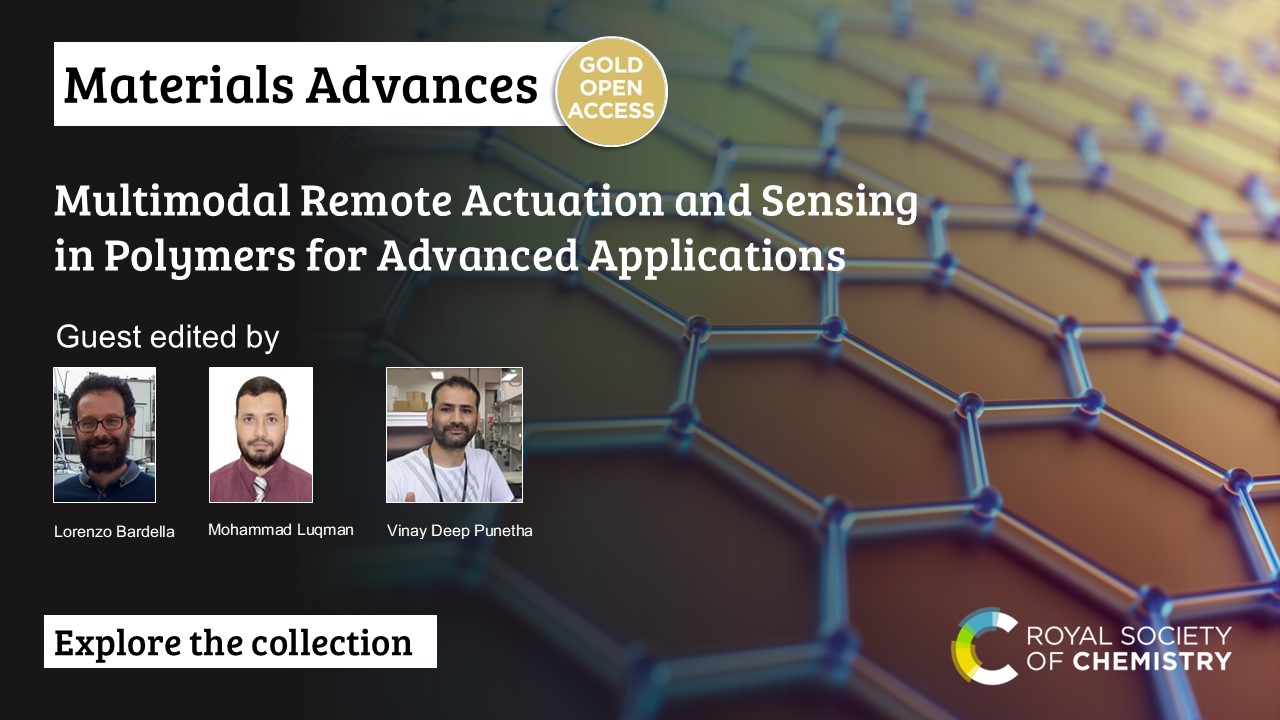











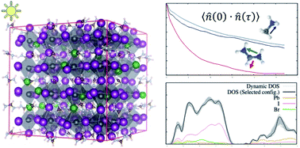


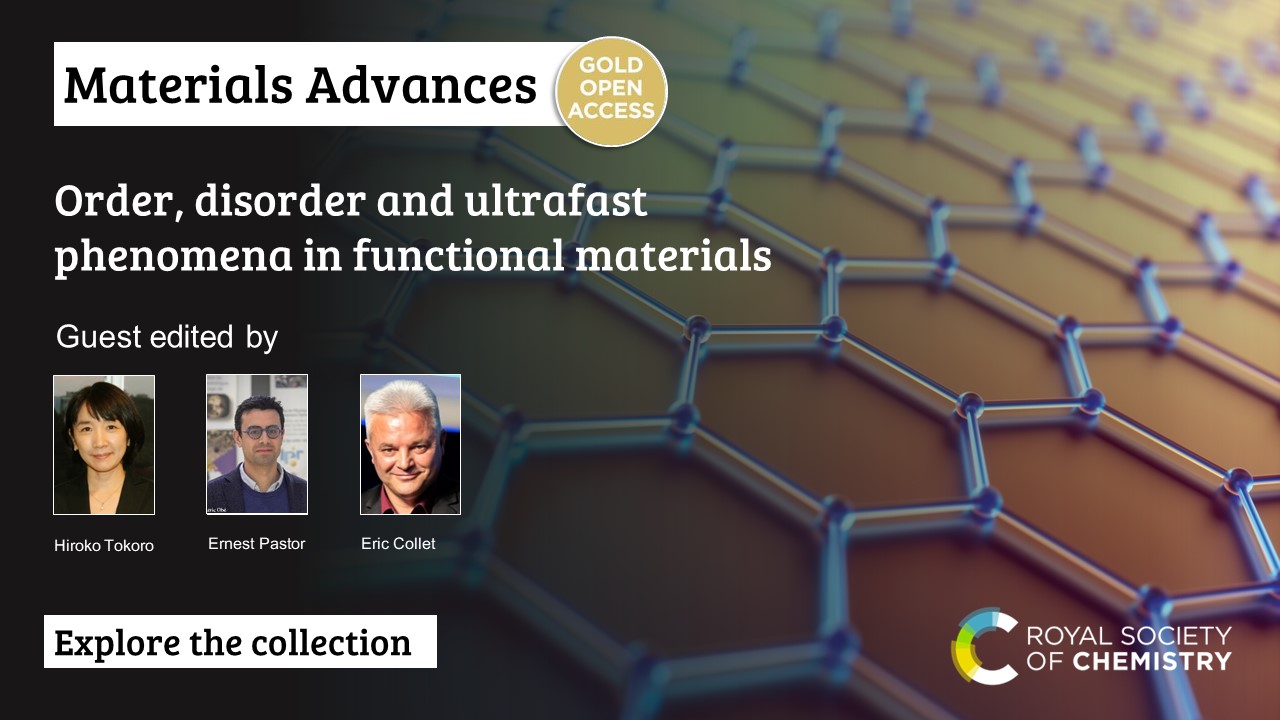
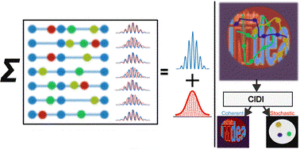
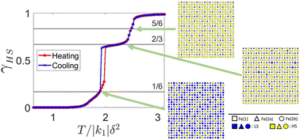
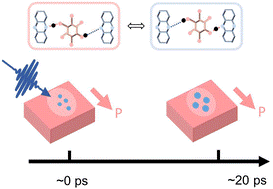
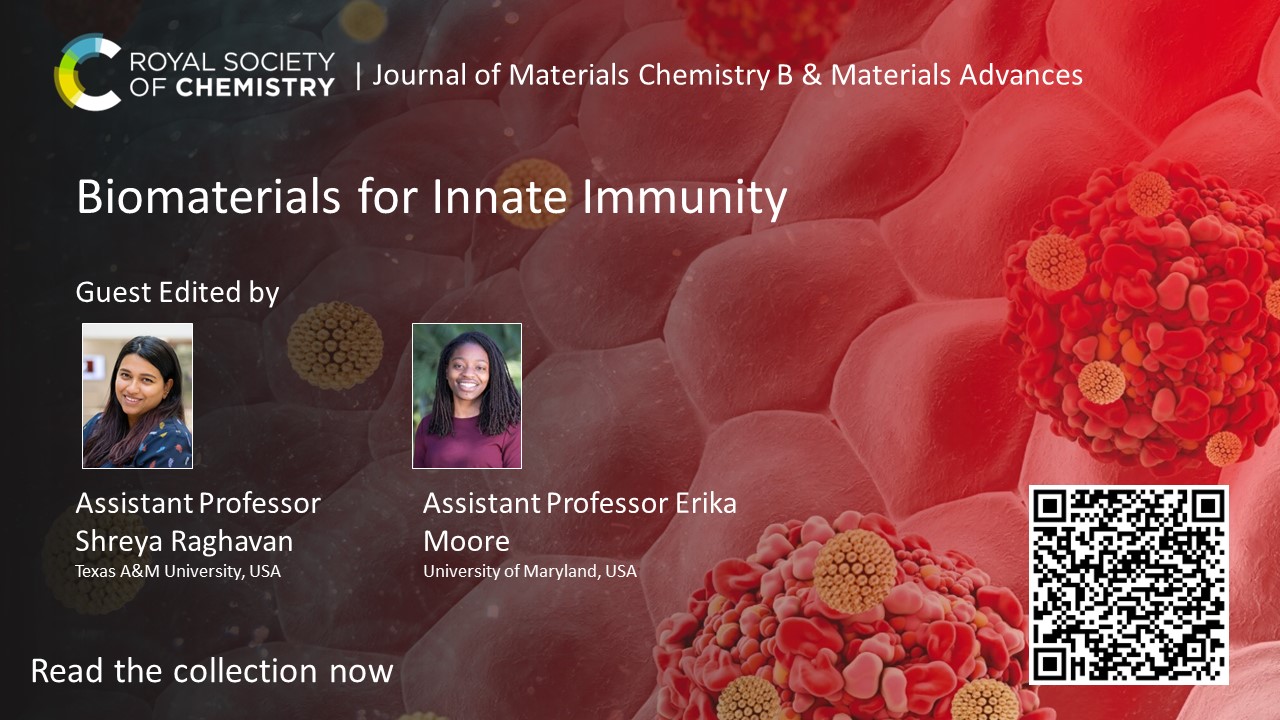
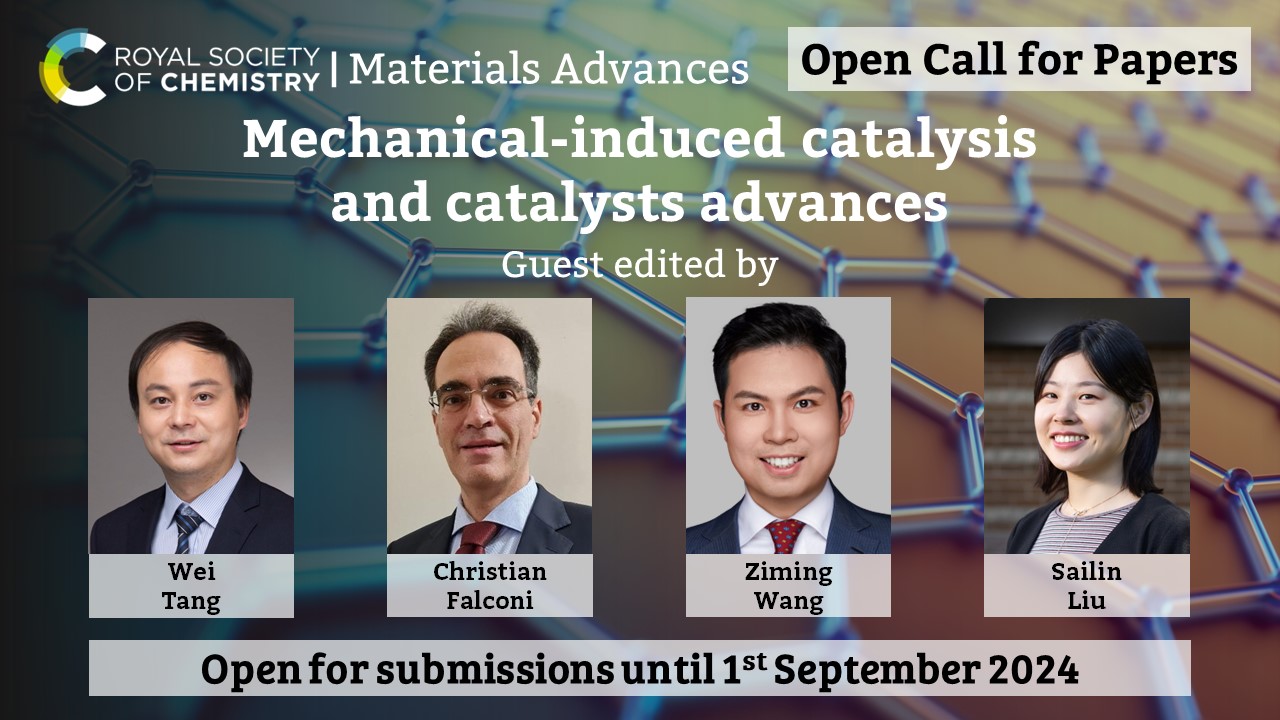

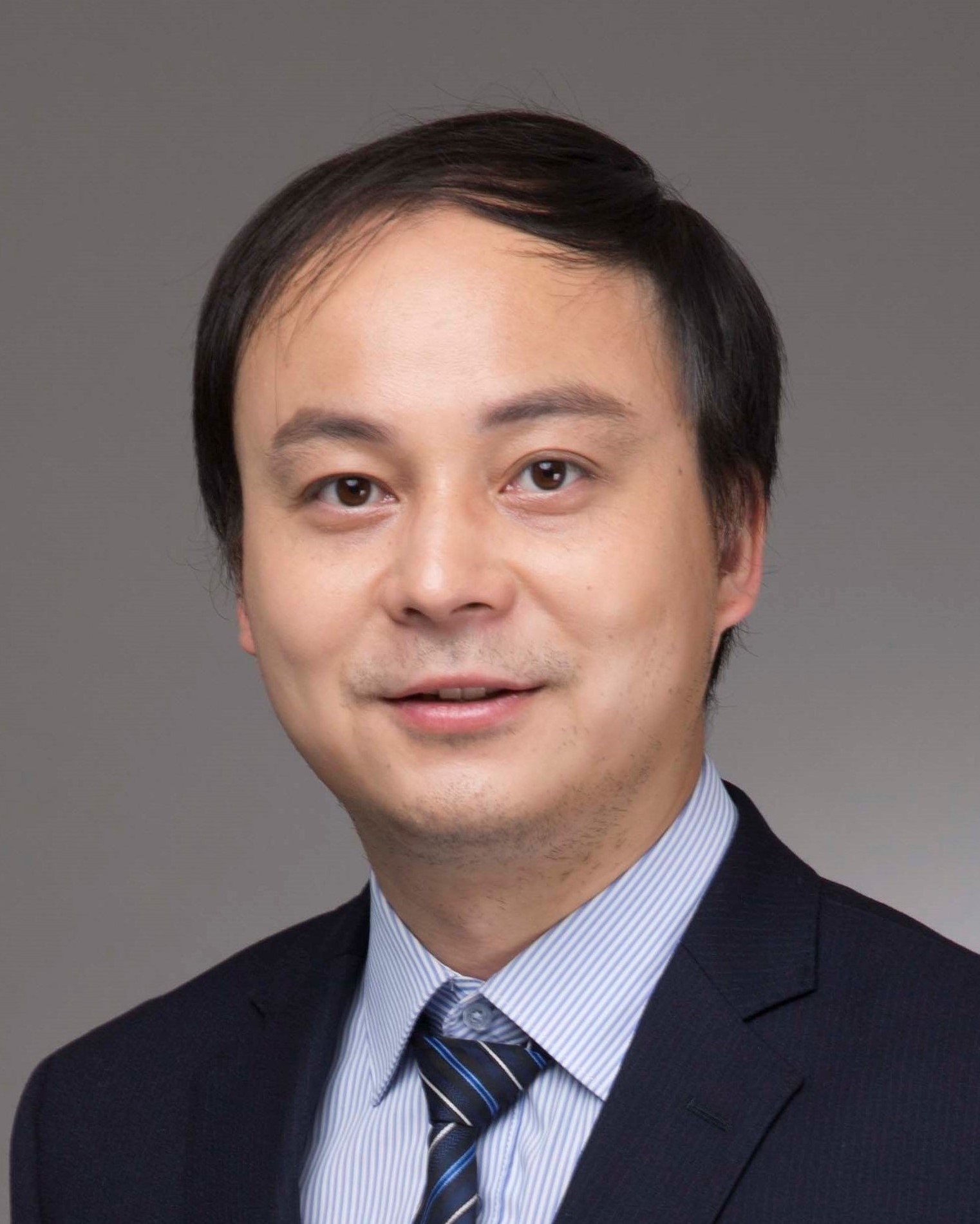
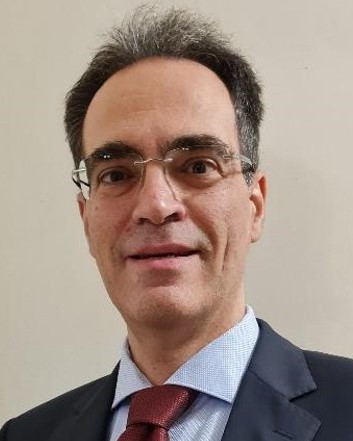 Christian Falconi
Christian Falconi
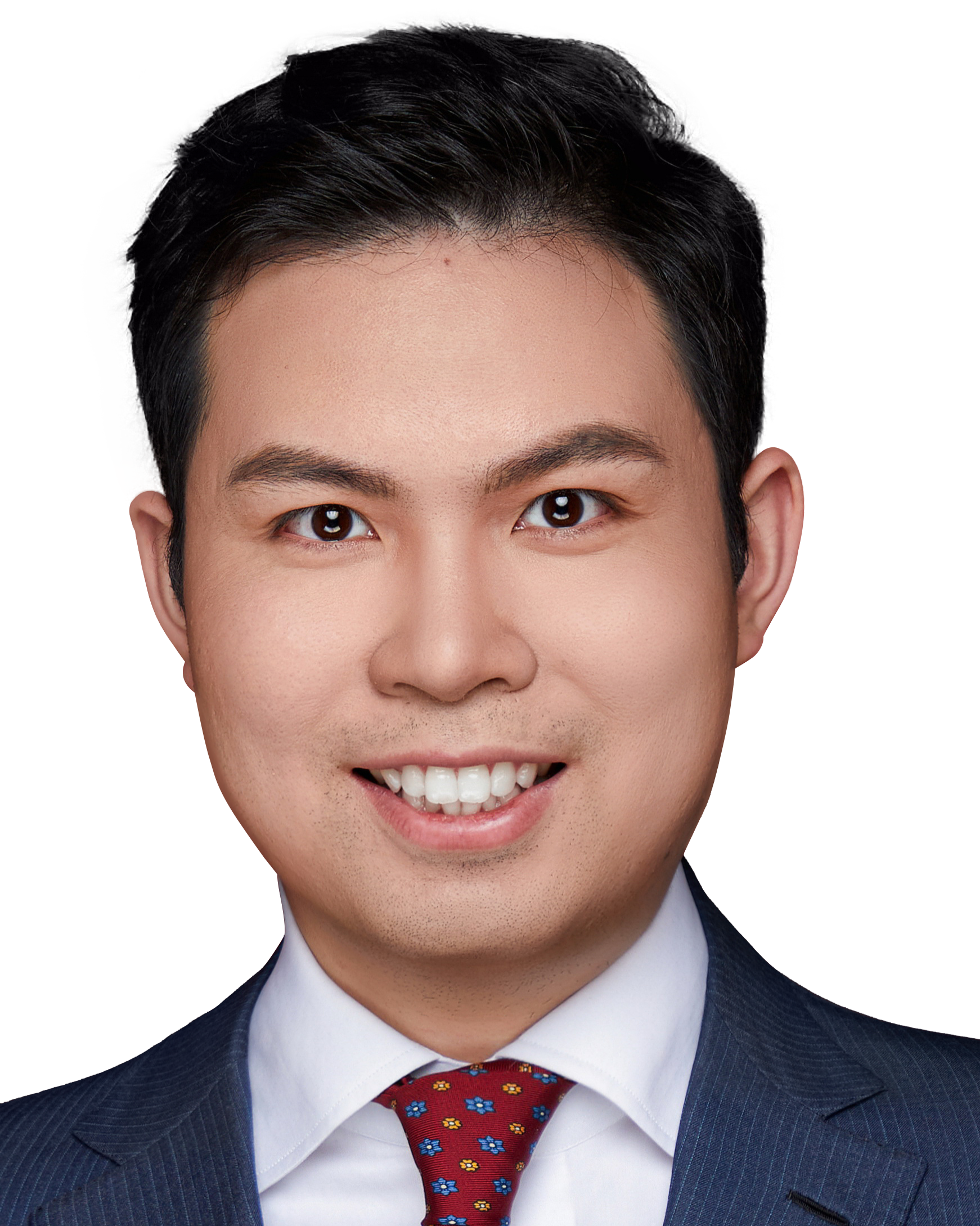 Ziming Wang
Ziming Wang
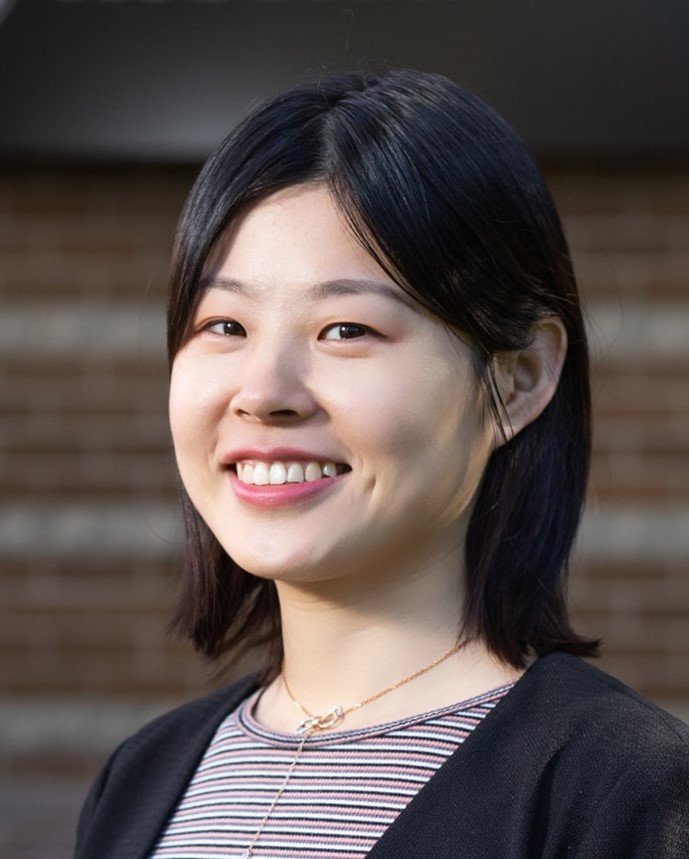 Sailin Liu
Sailin Liu
